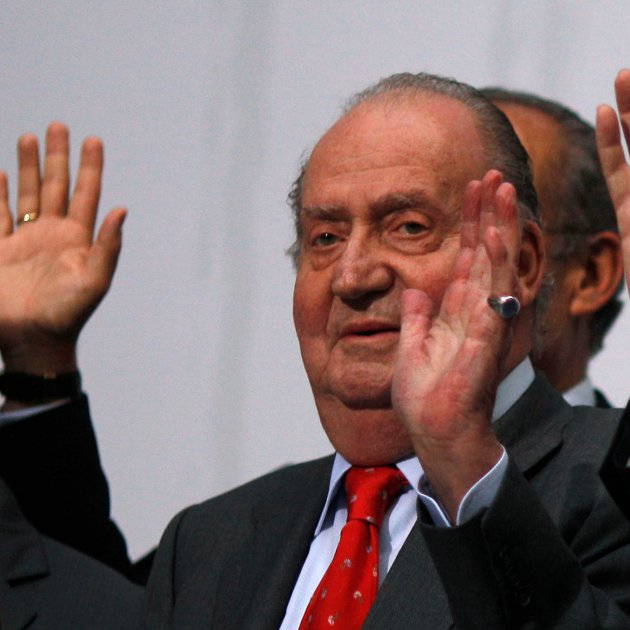This April 23rd, Catalonia's much-loved festive day of Sant Jordi, also represents a notable anniversary: the time when the then king of Spain, now retired, Juan Carlos I, told a big lie about the Spanish language in 2001: "Ours was never a language of imposition, but rather one of encounter; no one is ever forced to speak Spanish: the most diverse peoples made Cervantes's language their own, by their free will". He delivered this speech as part of the Miguel de Cervantes Prize for Castilian Literature - in Alcalá de Henares - and provoked the indignation of many.
But those were different times, when the Popular Party was ruling Spain with an absolute majority for the first time. The Basque and Catalan parties remained in the background but with little margin for action, and the controversy did not go beyond the headlines. The most critical voice was that of the then-president of Catalonia, Jordi Pujol, who personally and presidentially expressed his regret about the monarch's words and recalled that in Catalonia, during Spain's democratic transition, "there was a clearing away of the past that now seems to have been revived." For his part, the Catalan Socialist and leader of the opposition in Parliament, Pasqual Maragall, said that he had had to study the speech to comment: "I suppose that Spanish prevailed in Latin America, but in Catalonia it was imposed, and we know that well."
The then general secretary of ERC, Josep-Lluís Carod Rovira, described the king's words as "an attack on memory and a falsehood" and recalled that Jordi Carbonell, then president of his party, was tortured in the early 1970s in police dungeons for refusing to speak Spanish. ERC presented a motion of censure of the king in the Catalan Parliament. Later, the Catalan and Basque governments demanded a rectification but the royal house refused, stating that it did not have the custom of issuing corrections.
The Bourbon tradition
As historian Marc Pons explains, it is the very family of Juan Carlos that has been in charge of imposing the Spanish language, as a kind of tradition: "Felipe V, the first of the Spanish Bourbons and Juan Carlos's ancestor at eight generations' difference, was the monarch who brought in the Nueva Planta decrees that destroyed Catalonia's own institutional structure; Charles III, seven generations back, brought in the ban on using the Catalan language in court or keeping accounting records in Catalan; Ferdinand VII, his great-great-great-grandfather, reactivated the law (drafted by Charles III) that banned teaching in Catalan; and Alfonso XIII, his grandfather, was a collaborator of the 1920s Primo de Rivera dictatorship which destroyed Catalonia's limited self-government institution the Mancomunitat and unleashed brutal persecution of any expression of Catalan identity".
Twenty years have gone by since Juan Carlos's speech. Looking back, he was then on the verge of the first scandals becoming public knowledge: his elephant hunting, his mistress Corinna, his companies in tax havens to launder money. But gradually, the criticism that is now possible began to find - at least - a public space in which it could be said.
